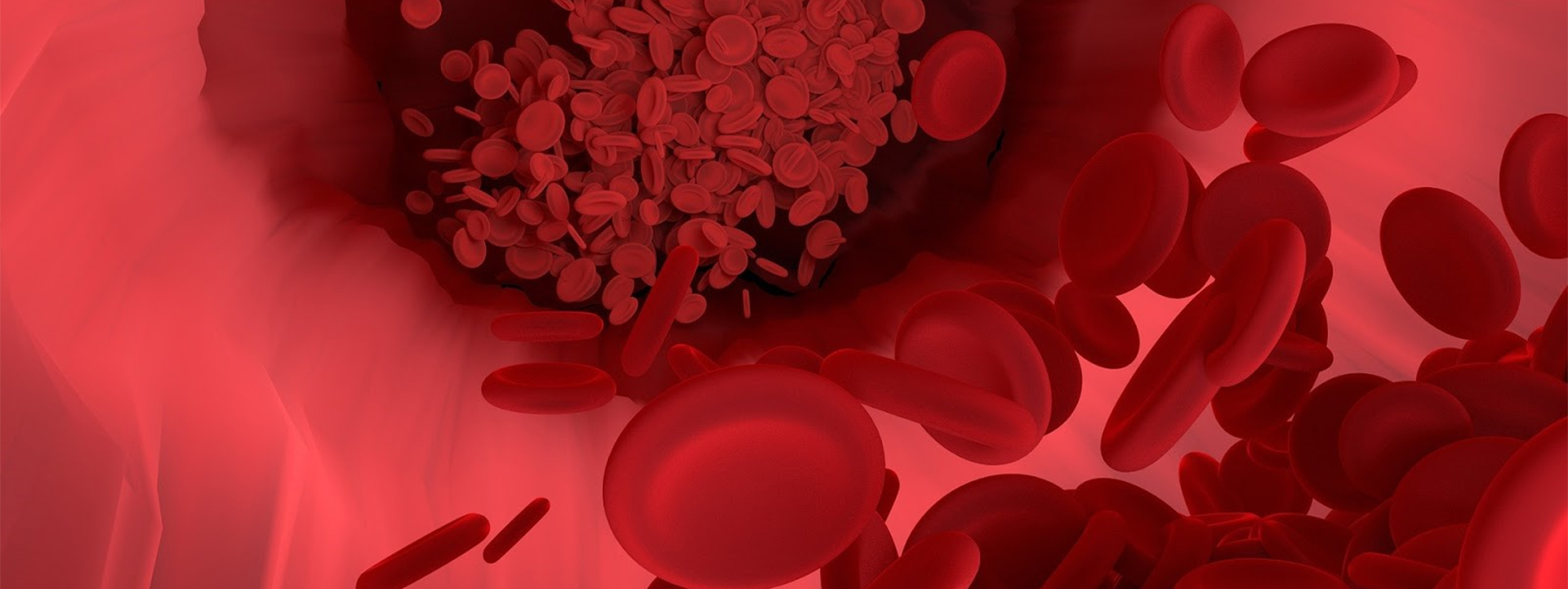
Blood Cancer
Blood cancer, also known as hematologic cancer, originates in the blood-forming tissues or cells of the immune system. There are three main types of blood cancer: leukemia, lymphoma, and myeloma. Understanding the causes, symptoms, diagnosis, and treatment options for blood cancer is crucial for effective management and improved outcomes.
Causes of Blood Cancer
While the exact causes of blood cancer are not always clear, several factors may contribute to its development:
- Genetic Factors: Certain genetic mutations or abnormalities may increase the risk of developing blood cancer.
- Exposure to Radiation: Prolonged exposure to high levels of radiation, such as radiation therapy for other cancers or nuclear accidents, may increase the risk of blood cancer.
- Chemical Exposure: Exposure to certain chemicals, such as benzene and certain pesticides, may increase the risk of blood cancer.
- Immune System Disorders: Conditions that weaken the immune system, such as HIV/AIDS or autoimmune diseases, may increase the risk of blood cancer.
Symptoms of Blood Cancer
The signs and symptoms of blood cancer may vary depending on the type and stage of the disease, but common symptoms may include:
- Persistent fatigue and weakness
- Unexplained weight loss
- Frequent infections
- Easy bruising or bleeding
- Swollen lymph nodes
- Shortness of breath
If you experience any of these symptoms or have concerns about your risk of blood cancer, it is essential to consult a healthcare professional for further evaluation and diagnosis.
Diagnosis of Blood Cancer
Diagnosing blood cancer typically involves a combination of medical history review, physical examination, and diagnostic tests, including:
- Blood Tests: Such as complete blood count (CBC), blood chemistry tests, and flow cytometry to assess blood cell counts and detect abnormalities.
- Bone Marrow Biopsy: Removal of a small sample of bone marrow for laboratory analysis to evaluate for cancerous cells.
- Imaging Tests: Such as X-rays, CT scans, or MRIs to visualize internal organs and detect any abnormalities or signs of cancer spread.
Treatment Options for Blood Cancer
Treatment for blood cancer depends on the type, stage, and individual patient factors. Treatment options may include:
- Chemotherapy: The use of drugs to kill cancer cells or stop their growth and division.
- Targeted Therapy: Drugs that target specific molecules or pathways involved in cancer growth and spread.
- Immunotherapy: Treatment to stimulate the immune system to recognize and attack cancer cells.
- Stem Cell Transplantation: Replacement of diseased or damaged bone marrow with healthy stem cells to promote blood cell production.
If you or a loved one have been diagnosed with blood cancer or have concerns about your risk, our team of experts is here to help. Contact us today to schedule a consultation and learn more about our comprehensive approach to diagnosing and treating blood cancer.